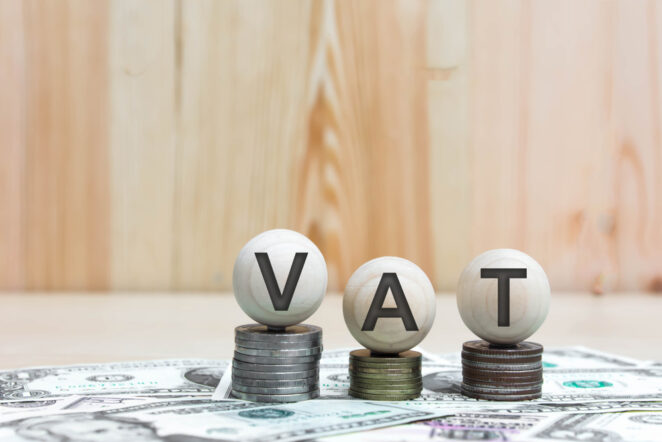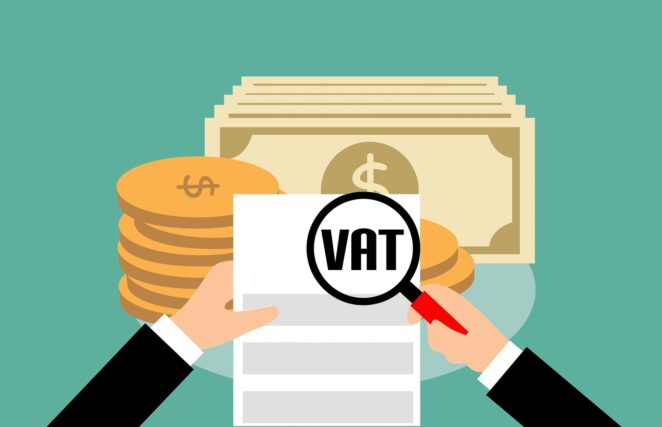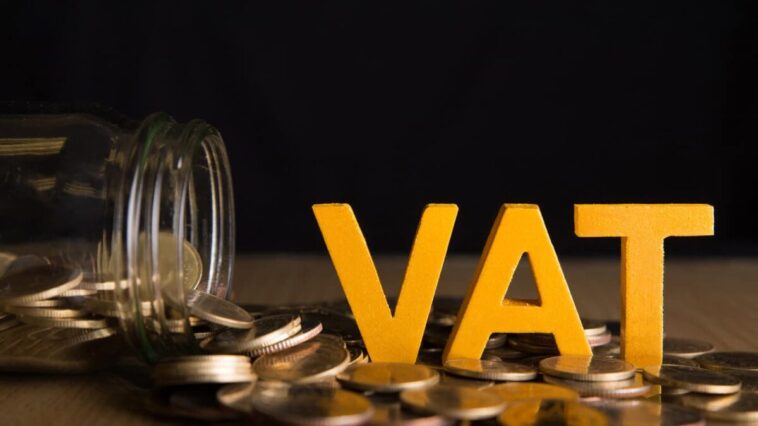A VAT (Value Added Tax) number is an identification number assigned to businesses operating within the European Union (EU) for tax purposes. It is used to track the VAT paid by a company on its sales and purchases, ensuring that the correct amount of tax is paid to the appropriate tax authority.
If you are a business owner or an individual who regularly deals with companies within the EU, it is essential to verify the validity of a VAT number to ensure that you are dealing with a legitimate company and to avoid any potential tax liabilities. Now the question arises that can I check if the VAT number is valid?
Yes, you can check if a VAT number is valid. The most convenient means to examine a VAT number’s validity is to use the official VAT Information Exchange System (VIES) given by European Compensation.
This system allows you to check the validity of VAT numbers. To use this service, enter the VAT number you wish to verify and the country code of the company, and the system will confirm whether the number is valid.
Here are a few key factors that determine the validity of a VAT number:
- Correct format
- Existence of the business
- Payment of VAT
It’s important to note that the VIES system is updated daily, so the information it provides is current as of the previous day. Additionally, it only applies to VAT numbers within the EU and not to VAT numbers from other countries outside the EU.
There are several VAT number validation APIs available for validating VAT numbers. The VAT number validation API allows you to automatically check the validity of VAT numbers in real time by requesting their server. Before using a VAT check API, it is essential to read and understand the terms and conditions of use and the pricing and usage limitations to ensure that the API meets your specific needs and requirements.
Understanding Formatting

VAT numbers typically conform to a particular format depending on the country. To help you verify the validity of a number, it is important to first understand the format that is generally used. They are typically composed of two sections – a prefix and a suffix that is based on geographical.
For example, VAT numbers issued in the United Kingdom would usually have:
- The prefix ‘GB’ followed by
- Nine digits (suffix)
- The last two characters determine if the number is valid or not.
How to check VAT number validity

Here is a step-by-step guide on how to check if a VAT number is valid:
- Visit the official VAT Information Exchange System (VIES) the European Commission provides.
- Enter the number you wish to verify in the “VAT number” field.
- Select the country code of the company from the dropdown menu.
- The system will validate whether the VAT number is valid or not. If the number is valid, the system will present the name and address of the business signed up with the VAT number.
It’s important to note that the information provided by the VIES system is updated daily, so the information it provides is current as of the previous day. Additionally, the VIES system only applies to VAT numbers within the EU and not to VAT numbers from other countries outside the EU.
Benefits of Validation
It is crucial for businesses to verify their customers or organization’s VAT numbers to ensure accuracy. Doing this helps eliminate any potential risks that may arise from a phony or invalid number. Validating it can also provide many other benefits, including:
– Reduced risk of overpaying taxes: Overpaying taxes due to inaccurate payment information is avoidable when validating valid VAT numbers. Doing so prevents potential tax adjustments as well as penalties and interest charges that could be incurred from incorrectly filling out tax returns.
– Improved customer relationships: Companies who validate VAT numbers show respect for their customers’ privacy and detail and get an enhanced level of trust in return. This helps foster a strong sense of loyalty among customers and improves overall quality control throughout the entire business relationship.
– Compliance with international laws: Correctly routed payments are essential for companies who have international customers or suppliers to comply with the regulations of the country where the customer resides or where the supplier is located. Proper validation ensures accurate payments are always made in a timely manner which reduces any potential complications with local laws surrounding taxation, trade, or finance.

Common Errors When Checking
Businesses around the world rely on accurate VAT numbers to verify the authenticity of their customers and avoid potential fraud. It is important to understand common errors that may arise when checking a VAT number, as failing to do so could have serious implications such as loss of tax revenue or being subject to fines.
Some common issues that arise include:
-Incorrect format: Many countries have different regulations on what information needs to be included in a VAT number and how it should be formatted. Depending on which country a customer’s business is located in, the format may differ from what you expect.
-Shadow companies: A “shadow company” is an entity set up for no other purpose than avoiding taxation, often with fake documents or faulty records that make it impossible for businesses to check and validate the authenticity of their customer’s VAT numbers.
-Shared numbers: People across different jurisdictions may use a shared or identical VAT number without realizing this can lead to complications when attempting to check if a number is valid or not.
-Expired registration: Some businesses register for value-added taxes but forget to renew their registrations with local authorities when they expire, leading them to falsely announce themselves as having an active and valid VAT registration number.
In conclusion, verifying the validity of a VAT number is an essential step in conducting business within the EU. Using the official VIES system, you can ensure that you are dealing with a legitimate company and avoid potential tax liabilities.




